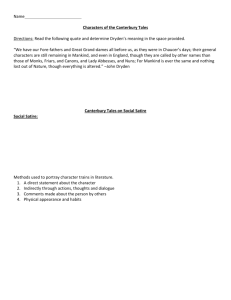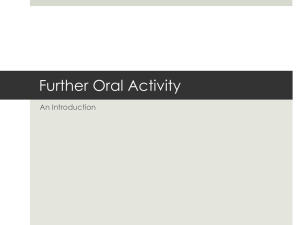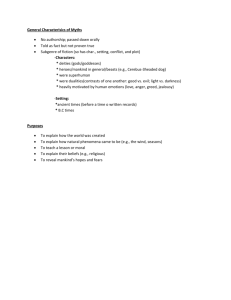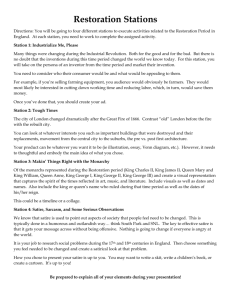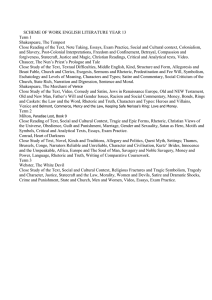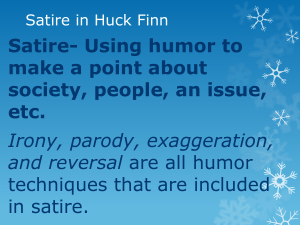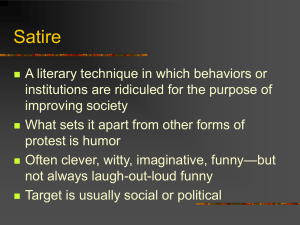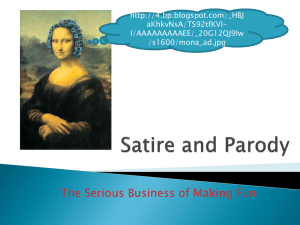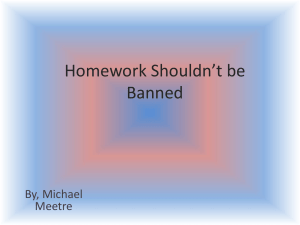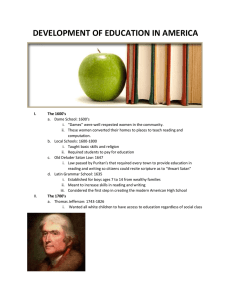Enlightenment
advertisement
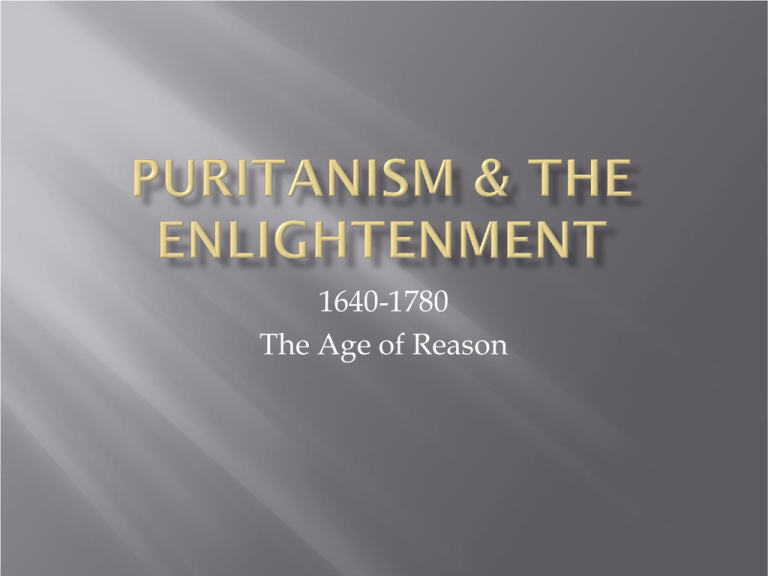
1640-1780 The Age of Reason Puritan Rule Anti-Catholic sentiment Little pleasure or entertainment as in Shakespeare’s time Music banned; theaters closed; celebration of religious holidays banned How do you think the events of this period affected literature? Charles II returned to the throne Holidays, music, theater returned Carpe diem spirit Oh-oh… Plague returned in 1665; 100,000 died Great Fire of London destroyed much of the city What do you think the Puritans thought about the fire and plague? Deism – the belief that God could be understood through reason and observation of the laws of the universe/physical world Scientific Revolution led to advances in physics, math, astronomy – Newton Philosophers tried to understand the laws of human nature Satire, plain prose (as opposed to the flowery language of Shakespeare) became popular Blood transfusions Blood pressure Treatment of anemia Microscope – blood cells, micro-organisms Thermometers Telescopes Hospitals; the scientific method Calculus Gravity Pendulum clock Points of the flaws and vices of people Often attempts to raise awareness or influence social change Uses humor, exaggeration (hyperbole) Jonathan Swift – A Modest Proposal, Gulliver’s Travels We will read and write satire, and watch some video examples! Objective record of events Modern day journalism began during the 1700’s Do you keep a journal? How is a journal different from a diary? First dictionary of the English language written in 1700’s – Samuel Johnson 40,000 entries Modern dictionaries have 470,000 We’ll look at excerpts from the first dictionary and write one of our own! A brief witty saying that sums up a moral point Example: Mankind must put an end to war or war will put an end to mankind. Alexander Pope wrote heroic couplets – epigrams that were made up of two lines that rhyme. Try it!!
